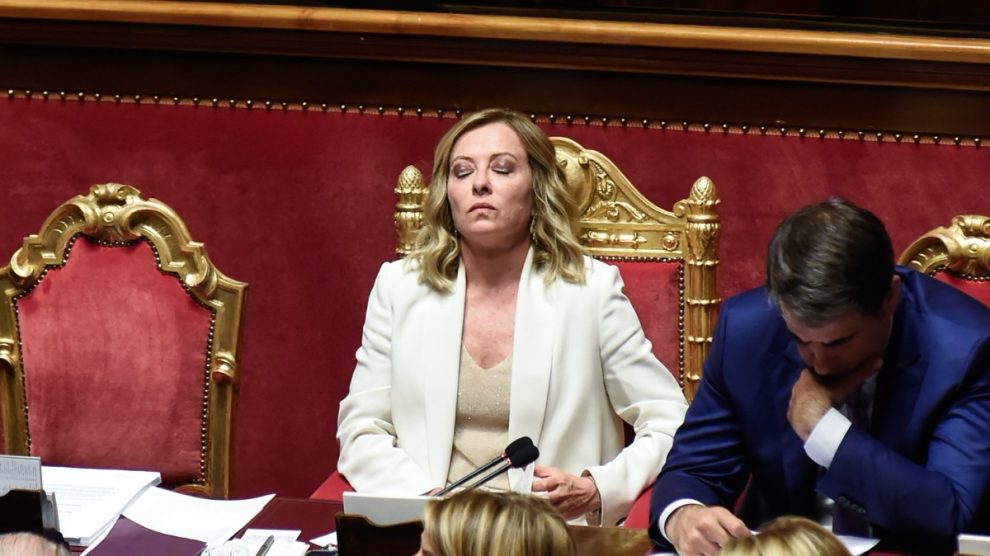The international perspective. The Ukrainian offensive in Russia’s Kursk region has been underway for a week, creating uncertainty about how the situation will develop and dealing a significant blow to Russian President Vladimir Putin. As the operation continues, it will test the resilience and strategic depth of Russia’s military and political leadership.
- China has now weighed in, issuing a statement through the official Xinhua news agency not taking sides on the Ukrainian attack. It’s markedly different from the official Beijing’s position at the onset of the war. Then China clearly backed Russia’s invasion. The present statement may indicate that Beijing suspects that the offensive may be deeper and more consequential than Moscow would like to admit and it wants to be dragged in a very complicated phase.
- The lack of reliable information about the Ukrainian troops involved and the ambiguity surrounding their next steps complicates analysis. Putin now faces a critical decision: either withdraw troops from other fronts or mobilise additional forces to repel the Ukrainians.
- Both choices are fraught with different risk. Moreover, for the first time, Putin’s wars in the past used scorched hearth tactics, seen in Chechnya, Syria and Ukraine. He could do that because he was acting in a “hostile environment”, among enemies. Now by attacking Ukrainian troops in Russia he’s moving in a “friendly environment”, among its own people thus he might want to consider preserving the battlefield and minimise civilian casualties. It’s unclear whether Russian troops are able to move with more “finesse”.
The consequences. Even if the Ukrainian offensive is repelled in the near future, Moscow could be pushed to reinforce its border defences, requiring possibly a significant military mobilisation.
- If Ukraine strengthens its position in the region, this could change the dynamics of future negotiations. Territories currently under Russian control could be exchanged for those held by Ukraine, potentially destabilising the Moscow regime itself.
- The Kursk offensive has also changed the strategic calculus for the United States and Europe. The likelihood of Western allies yielding to the temptation to abandon Kyiv has diminished, reinforcing their commitment to Ukraine.
- The situation could even influence the electoral narrative in the United States, particularly for Republican candidate Donald Trump, who has previously expressed a willingness to negotiate with Putin and possibly withdraw support for Ukraine.
- On the Russian side, Putin faces a series of difficult decisions, all of which could have serious consequences. A single misstep could complicate his position to the point of jeopardising his hold on power.
- Ukrainian President Volodymyr Zelensky has scored a significant victory. But the game is not over; it may be at a turning point. For Putin, traditional battlefield warfare is simply ruthless and unimaginative. However, he is a genius of hybrid warfare. If he cannot win with soldiers, he seeks leverage behind enemy political lines, in the soft underbelly of the opposing side. Italy, in theory, is an ideal target for the many Putin sympathisers scattered throughout the country and a very shaky government.
What about the Italian Government? The Italian government finds itself in an increasingly complex position, both internationally and domestically. Prime Minister Giorgia Meloni’s recent visit to China has strained relations with the United States without yielding any significant gains from Beijing. Furthermore, following the European elections, Meloni’s decision to not back the so-called Ursula Majority has left her isolated from key decision-making processes.
- Domestically, Matteo Salvini’s League has entrenched itself further to the right, reducing support from Meloni’s Brothers of Italy (FdI) in that space.
- Meanwhile, the Berlusconi family has re-entered the political arena, taking an active role in Forza Italia’s affairs and setting the stage for potential conflict with the prime minister.
An uncertain horizon. The Italian political landscape, once characterised by a lack of credible alternatives to Meloni’s government, now presents new possibilities.
- Forza Italia could withdraw from the current coalition and support a transitional government, forcing Meloni to either back the move or face the electorate, where she risks significant losses.
- Moreover, the potential for hybrid retaliation by Putin should compel the Italian Parliament to close ranks and consider the formation of a national unity government focused on economic stability and national security.
- Apparently oblivious to Kursk, Meloni may be seeking a domestic catch-up. For a few days, there have been rumours of a confidential holiday meeting in Sardinia between Marina Berlusconi and Giorgia Meloni to mend fences. Indeed, this wouldn’t be pointless, but the picture perhaps goes beyond just a dreamy mid-August night rapprochement.





